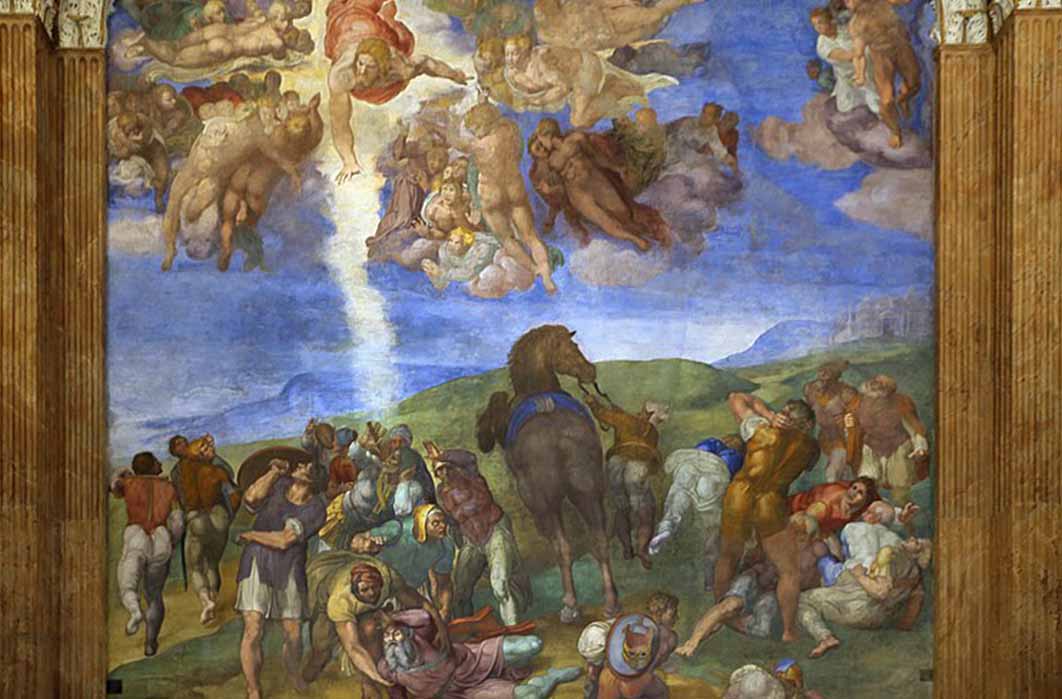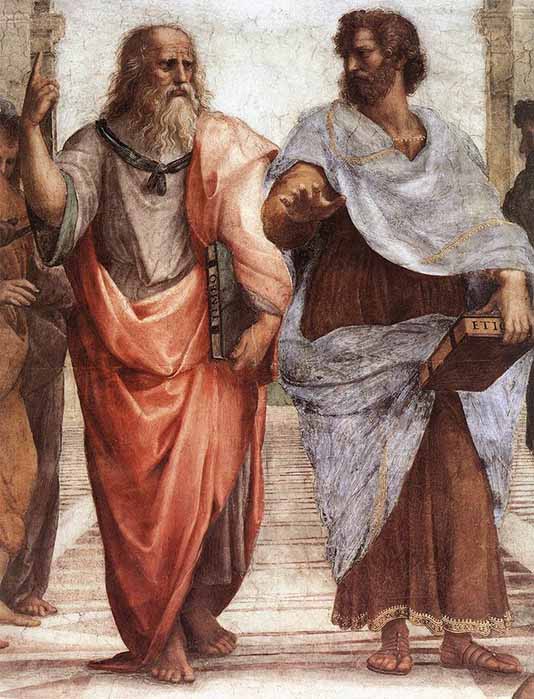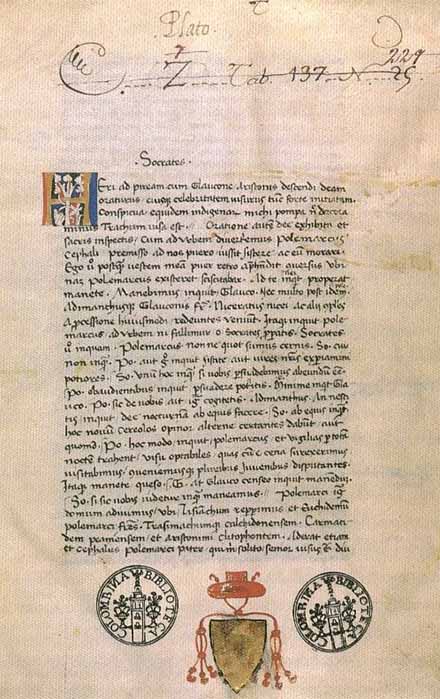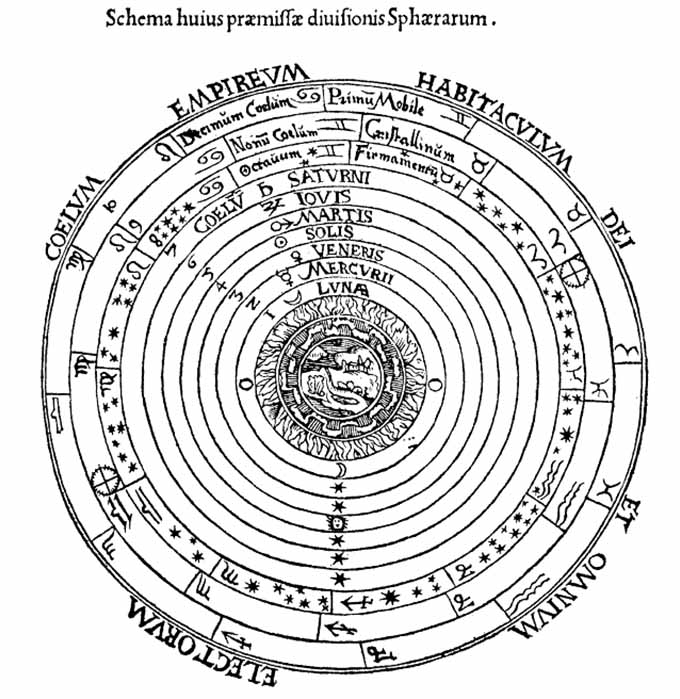
Near-Death-Experiences Of The Ancients
Socrates, Plato and Aristotle formed a trio toward the middle of the fourth century BC in ancient Greece to become the most well-known philosophers who ever lived. They were the founders of the present-day discipline. Any philosophers who lived before them are called “pre-Socratics.” Most people, even if they know nothing about the field of philosophy, recognize the names of Socrates, his pupil Plato, and Plato’s pupil, Aristotle, who went on to become the private tutor of Alexander the Great.

An elder Plato walks alongside a younger Aristotle, detail of Raphael’s School of Athens (1509 -1511) (Public Domain)
Er the Pamphylian
In Plato’s Republic, he mentions a speech by Socrates, in which Socrates remembers the near-death experience of a “warrior bold” who went by the name of Er the Pamphylian. According to Socrates, Er was killed in battle. Tradition has it that his body was placed on a funeral pyre after a period of some 12 days. Before the fires were lit, however, Er came to life with quite a story to tell. His “soul went forth from his body” and “journeyed with a great company” to ‘‘a mysterious region where there were two openings side by side in the earth.” He observed disembodied people traveling up and down in space, depending on the kinds of lives they had lived. After seven days they were told they must journey on, and after another four days they saw “a straight light like a pillar, most nearly resembling the rainbow, but brighter and purer.”

A Renaissance manuscript Latin translation of Plato’s ‘The Republic’ (Public Domain)
This pillar seemed to serve as a kind of hinge or pivot for the entire cosmos. The movements of the stars and planets, as well as the fates of all living beings, revolved around this central pivot. In the words of Socrates, it was if the central pivot was the shaft of a spindle that “turned on the knees of Ananke,” a goddess who was assisted in her duties by the three Fates; Clotho, Atropos, and Lachesis.
As Er watched, many souls who had died prepared to reincarnate to another life on earth. One man, for instance, had died before experiencing any of the terrors of the Underground. Because he had been rewarded in heaven, he decided to live his next life in complete opposition to his previous one, so he chose to be a powerful dictator. When he studied the implications of his choice, however, he discovered that among the atrocities he had chosen to commit, one was that he was to eat his own children.

Ptolemaic system of the Classical Heavens: The empyrean (fiery) heaven, dwelling of God and of all the selected · 10 Tenth heaven, first cause · 9 Ninth heaven, crystalline · 8 Eighth heaven of the firmament · 7 Heaven of Saturn · 6 Jupiter · 5 Mars · 4 Sun · 3 Venus · 2 Mercury · 1 Moon (Public Domain)




